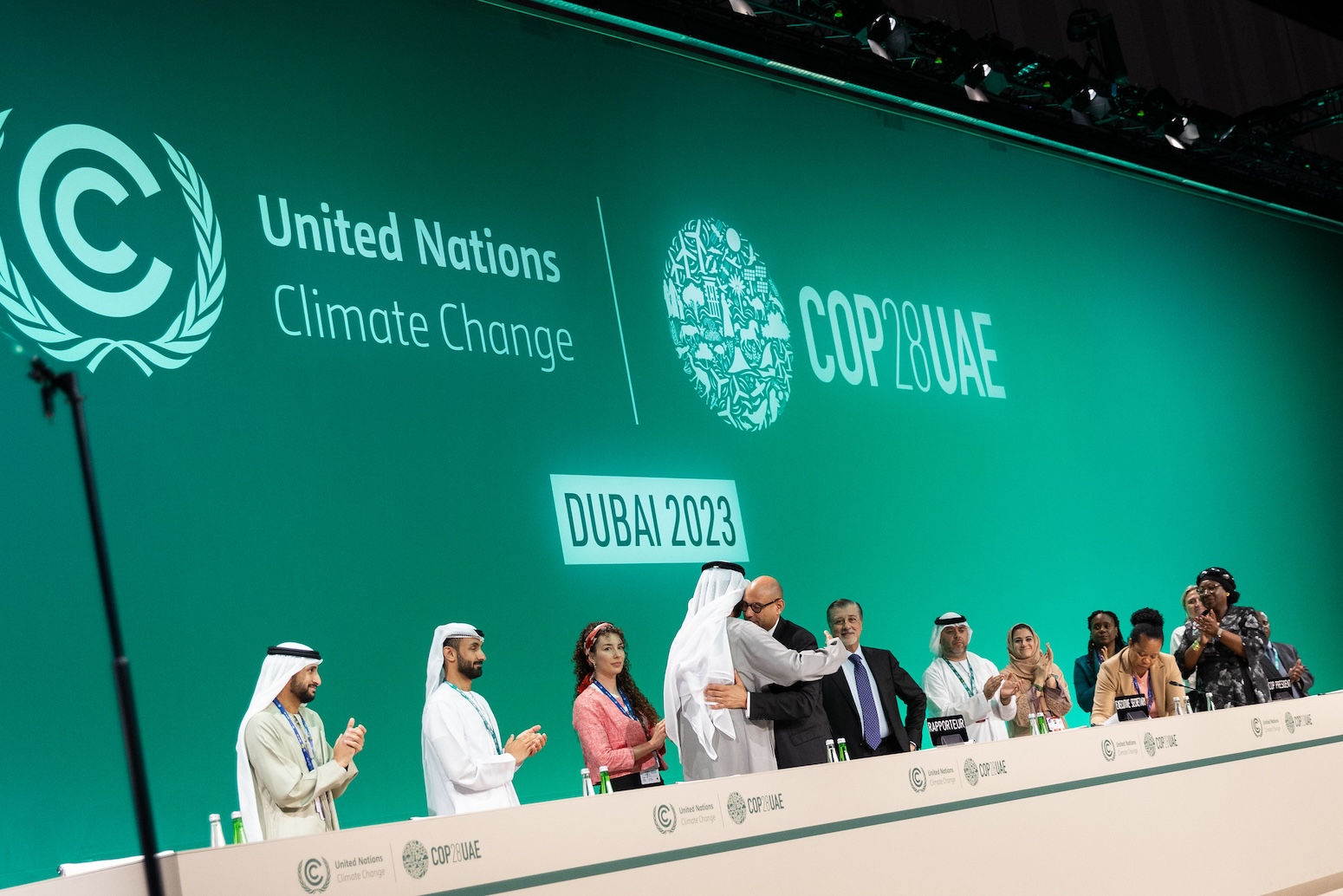The United Nations has issued its most urgent warning yet on the state of the planet, declaring that the world is dangerously close to breaching critical climate thresholds. According to the latest UN climate report, global temperatures are now 1.2°C above pre-industrial levels, with devastating consequences for weather systems, ecosystems, and human health.
Scientists warn that if current trends continue, the 1.5°C threshold set under the Paris Agreement could be surpassed within the next decade. Such an outcome would increase the frequency of extreme heatwaves, floods, droughts, and rising sea levels, putting billions of people at risk.
Impact on Vulnerable Regions
Developing nations are bearing the brunt of climate change, with countries in Africa, South Asia, and the Pacific Islands already experiencing catastrophic effects. Prolonged droughts threaten food security, while floods and rising seas are displacing millions.
Humanitarian agencies emphasize that climate change is no longer a distant threat but a present-day crisis. The UN estimates that over 100 million people could be pushed into extreme poverty by 2030 if decisive action is not taken.
Global Political Response
The report has sparked renewed pressure on world leaders to deliver stronger commitments ahead of the next UN Climate Summit. While some nations, including members of the European Union, have pledged ambitious targets for carbon neutrality, others have been slower to act.
The United States and China, the world’s two largest emitters, face mounting calls to accelerate their transition to clean energy. However, geopolitical tensions have complicated efforts at coordinated global action, raising fears that climate diplomacy could stall at a critical moment.
Corporate Role in Climate Responsibility
Businesses are increasingly being held accountable for their environmental impact. Many multinational corporations have pledged to reach net-zero emissions, but critics argue that progress has been slow and often limited to public relations campaigns rather than meaningful change.
Green finance is gaining momentum, with investors pouring trillions into sustainable energy and carbon-reducing technologies. Still, experts caution that without stronger regulatory frameworks, private sector action alone will not be enough to avert a climate catastrophe.
Public Movements and Youth Activism
Grassroots movements continue to push governments toward bolder climate action. Youth activists, inspired by figures like Greta Thunberg, are organizing global protests and campaigns to demand systemic change.
Public opinion surveys show that a majority of people across continents view climate change as the biggest threat to humanity’s future. This growing awareness could pressure policymakers to take bolder steps in the years ahead.
FAQs
What is the main warning in the UN climate report?
The report warns that the planet is nearing the 1.5°C warming threshold, which could trigger irreversible environmental damage.
Which regions are most affected by climate change right now?
Developing regions, especially Africa, South Asia, and Pacific Islands, are facing severe droughts, floods, and displacement.
What role do corporations play in tackling climate change?
Corporations contribute significantly to emissions but are also investing in renewable energy and sustainable technologies. Critics say, however, that stronger regulations are necessary.
How are young people influencing climate action?
Youth activists are mobilizing global campaigns, raising awareness, and pressuring leaders for more aggressive policies.
Can the 1.5°C target still be achieved?
Experts believe it is technically possible but requires unprecedented global cooperation and immediate, large-scale reductions in greenhouse gas emissions.
Conclusion
The UN’s latest warning serves as a stark reminder that climate change is no longer a future concern—it is an unfolding crisis that demands immediate action. Vulnerable communities are already suffering, and without urgent global cooperation, billions more will face catastrophic consequences.
The path forward requires governments, corporations, and individuals to act collectively. From renewable energy investments to grassroots activism, every effort matters in the fight to preserve the planet for future generations. The time for incremental progress has passed; only bold, decisive action can avert disaster.







